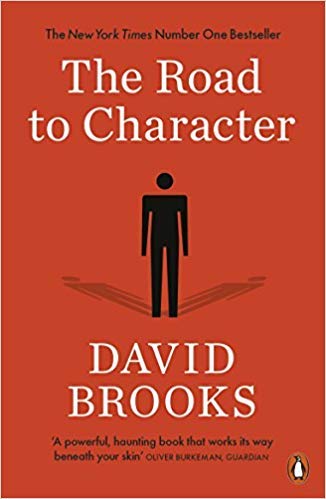“Silence is a place of great power and healing.”
—Rachel Naomi Remen, Professor, Osher Center of Integrative Medicine, University of California, San Francisco
Today’s quote is not about the awkward silence you rush in to fill, but the raw honest stillness you keep avoiding.
In that quiet, there is nowhere to hide from yourself. No notification to blame. No distractions to drown in. Just you, your truth, and the uncomfortable beauty of what you really feel.
Most people call it boredom or loneliness and run back to the noise.
But what if that restless edge is your soul clearing its throat? Sit in silence long enough, and it will start telling you what needs to be released, what needs to be forgiven, and what is finally ready to grow.
EXERCISE:
Consider reading Power of Silence: Healing and Resilience by Miranda Harris.
This book will help you explore the remarkable power that silence holds for personal growth, inner peace, and profound change.














